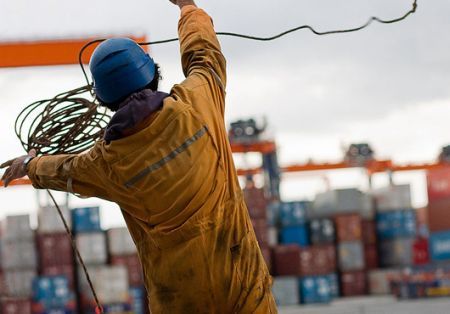
Additionally, the European Maritime Safety Agency (EMSA) will continue to undertake inspections to ensure continued compliance. Coupled with this will be technical assistance provided by EU member states to the Philippines in ensuring that they are able to comply with their obligations.
”This is outcome is welcomed, providing the balance between an outright ban and a clean bill of health. The additional monitoring and technical assistance will provide the added assurance owners need when sourcing seafarers from the Philippines,” INTERTANKO added.
This possible ban followed the submission of a report by the European Maritime Safety Agency (EMSA) to the European Council on the ability of the Filipino authority to meet its obligations under the Standards of Training, Certification and Watchkeeping for Seafarers (STCW) Convention. This subject was discussed at length within INTERTANKO’s Human Element in Shipping Committee (HEiSC).
The possible de-recognition is a serious issue for the industry and the consequences would be significant. The consequence of the most concern would be the loss of experienced officers from the industry. Many companies have taken the time and effort to train seafarers in their systems as well as undertaking considerable additional training and this would all be for nought and the industry would lose well-trained, competent officers who would need to be replaced with less-experienced ones. A safety impact could well be expected in addition to an inability to meet the requirements of the crewing matrix.
We use cookies to improve your experience. By continuing to use our site, you accept our Cookies, Privacy Policy,Terms and Conditions. Close X